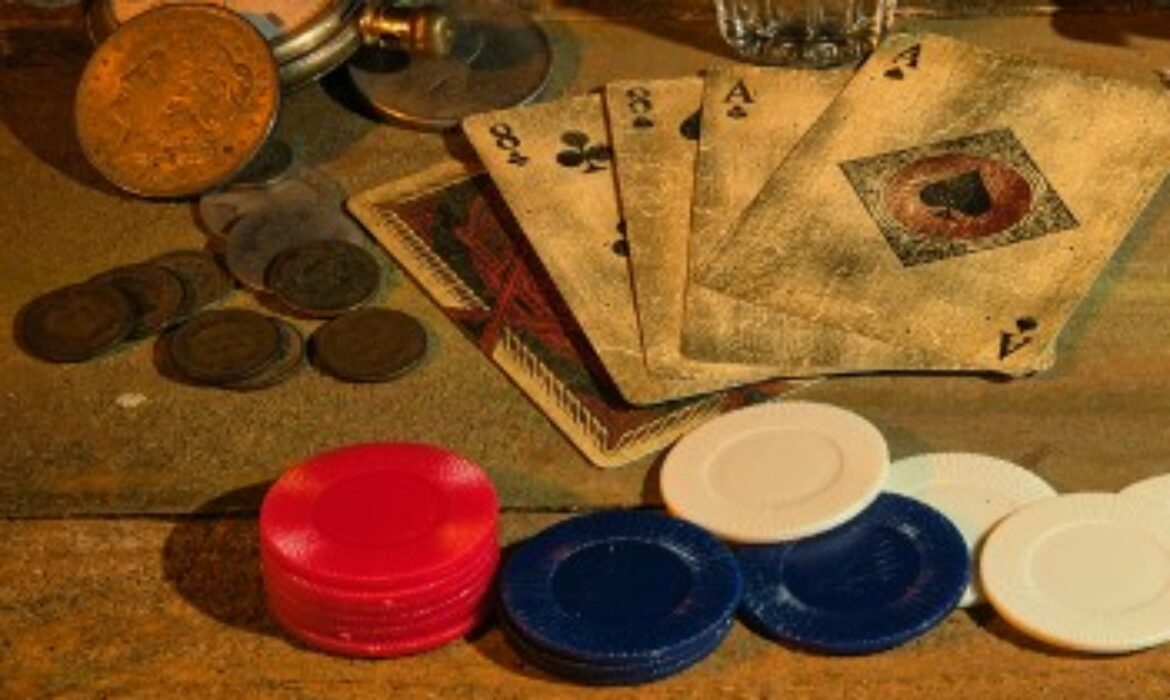
Gambling has a rich and complex history in South Africa, intertwining with the nation’s cultural, social and economic developments. From its early roots in indigenous communities to its current prominence in the regulated casino industry, the journey of gambling games in South Africa is a tale of adaptation, prohibition and eventual flourishing.
Early Beginnings: Indigenous Games and Colonial Influence
Long before European settlers arrived, indigenous South African communities engaged in various forms of gambling. These early gambling games often involved betting on physical contests, such as stick-fighting or racing, with goods or livestock at stake. These activities were deeply embedded in social and ceremonial practices, reflecting the cultural significance of wagering and competition.
The arrival of Dutch and British colonists in the 17th and 18th centuries introduced European gambling traditions to South Africa. Colonial settlers brought with them card games, dice and horse racing, which became popular among both the colonists and the local population. Horse racing, in particular, gained prominence and remains a significant part of South Africa’s gambling landscape today.
The Era of Prohibition: 1965-1994
Despite the growing popularity of gambling, the South African government took a prohibitive stance in the mid-20th century. The 1965 Gambling Act outlawed most forms of gambling except for betting on horse racing, which was classified as a sport rather than gambling. This act was part of the broader Apartheid-era regulatory environment that sought to control and restrict various aspects of social life.
However, the prohibition led to the rise of illegal gambling operations. Unlicensed casinos and underground betting parlours proliferated, often operating in remote areas and on the fringes of society. These illegal activities thrived despite the government’s efforts to clamp down on them, indicating a persistent demand for gambling among the South African public.
The Sun City Phenomenon
During the prohibition era, a notable exception to the gambling ban was Sun City, a luxurious casino resort built in the late 1970s by entrepreneur Sol Kerzner. Located in the nominally independent homeland of Bophuthatswana, Sun City circumvented South Africa’s gambling laws due to the homeland’s semi-autonomous status. The resort offered legal gambling, attracting visitors from across South Africa and becoming a symbol of defiance against restrictive gambling laws.
Sun City’s success demonstrated the potential economic benefits of legalising gambling and highlighted the growing public appetite for casino entertainment. It played a crucial role in shaping the future of gambling regulation in South Africa.
Legalisation and Regulation: Post-Apartheid Reforms
The political and social transformations of the early 1990s paved the way for significant changes in South Africa’s gambling laws. The end of Apartheid and the establishment of a democratic government led to a re-evaluation of many restrictive policies, including those related to gambling.
In 1996, the National Gambling Act was passed, legalising and regulating various forms of gambling across South Africa. The act established a framework for the licensing and operation of casinos, lotteries and other gambling activities, ensuring that these enterprises operated within a controlled and monitored environment. This legislation aimed to generate revenue, create jobs, and reduce illegal gambling.
The Modern Gambling Landscape
Today, South Africa boasts a vibrant and diverse gambling industry. Legal casinos operate in major cities and tourist destinations, offering a range of gaming options including slot machines, table games, and sports betting. The introduction of the National Lottery in 2000 added another dimension to the legal gambling market, with millions of South Africans participating in weekly draws and instant win games.
The advent of online gambling has further transformed the industry, making gambling games more accessible than ever. While online gambling is tightly regulated, it continues to grow in popularity, reflecting global trends and the increasing integration of technology into daily life.
The history of gambling games in South Africa is a reflection of the nation’s broader socio-economic evolution. From indigenous betting traditions to the modern regulated casino industry, gambling has been a persistent and evolving presence in South African society. As regulations continue to adapt to new challenges and opportunities, the future of gambling in South Africa looks set to build on this rich and diverse legacy, offering entertainment, economic benefits, and social engagement for years to come.



